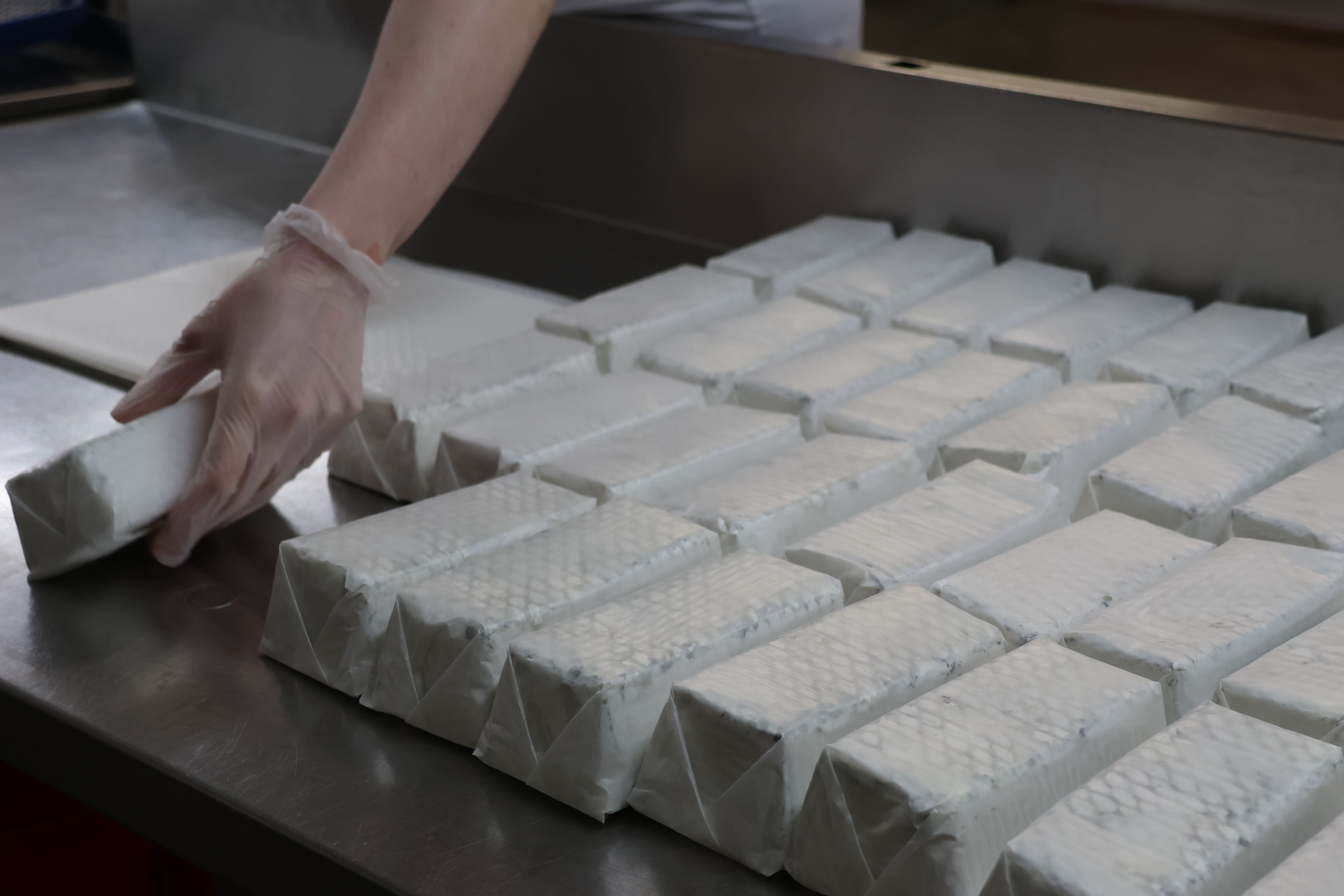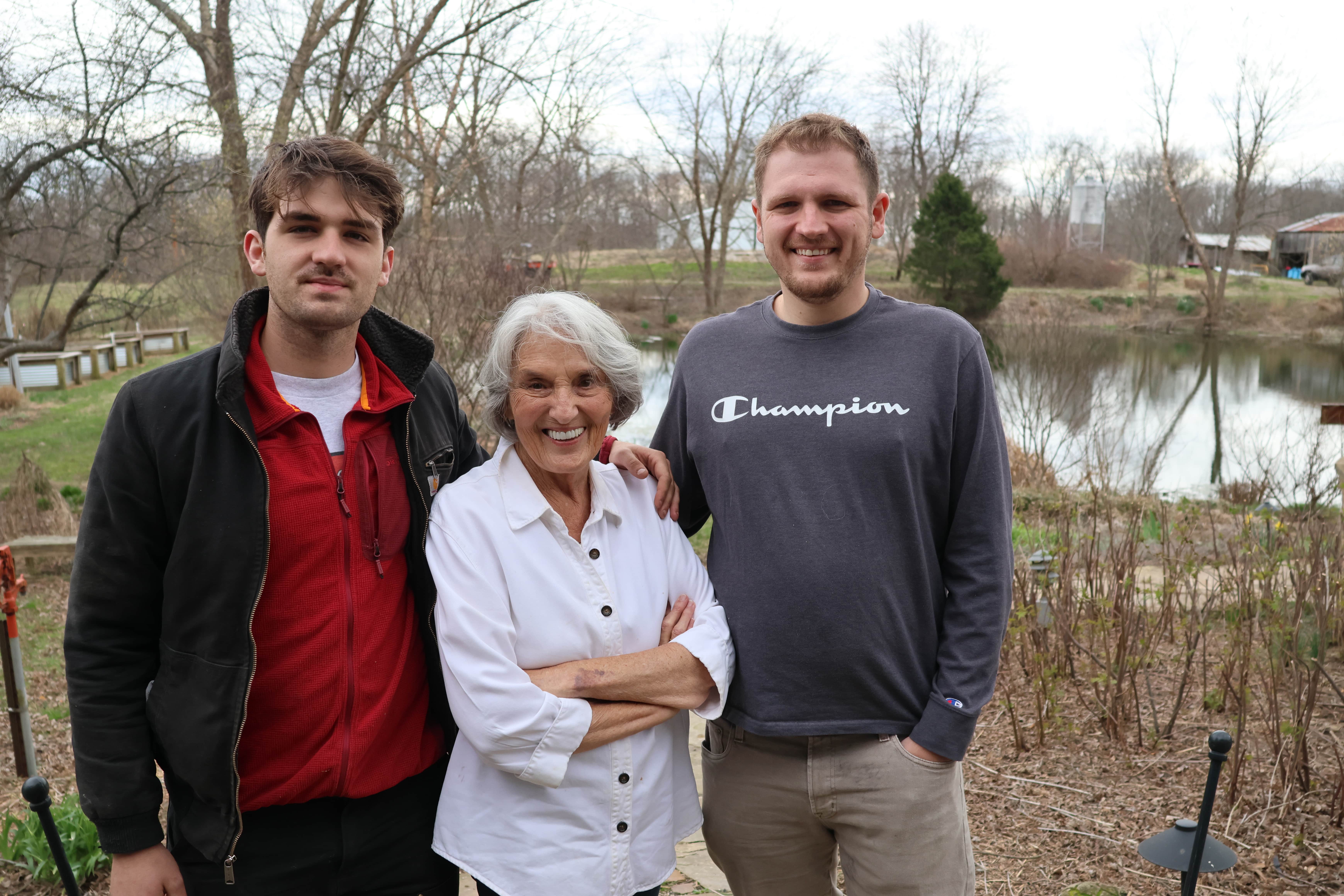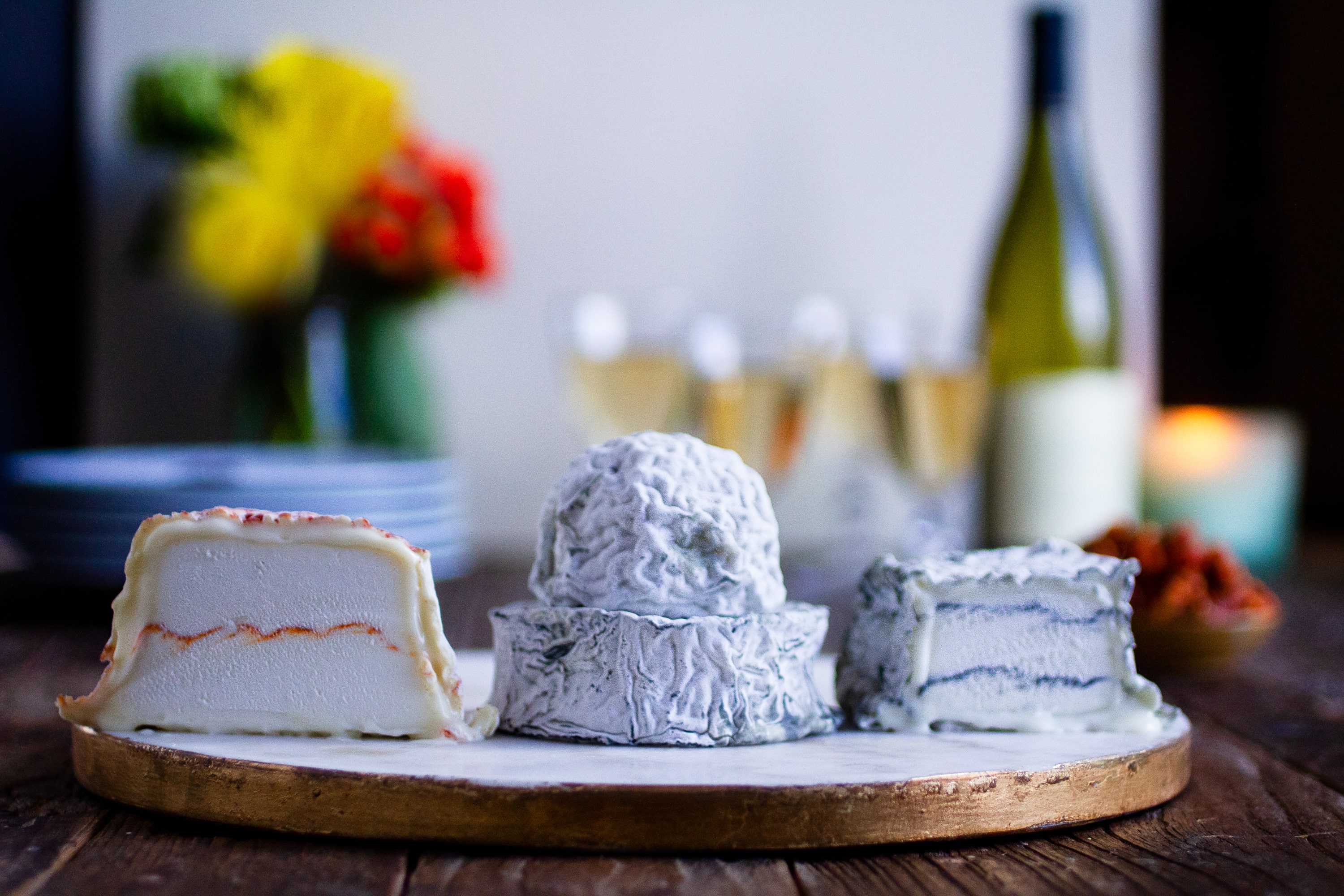Stay Informed
Floyd County cheesemakers concentrate on quality
For the owners of Capriole Goat Cheese, maintaining their products’ quality is important for business reasons, but it’s also personal.

"We're always going to have a bigger dog in the fight than anybody else,” said Sam Schad, Capriole’s general manager and grandson of the founders.
Capriole’s products are now distributed nationwide, but the company was founded by Farm Bureau members Judy and Larry Schad in the 1980s, back when few chefs or restaurant owners aside from some mavericks in the Bay Area and New York City had any concept of what is now called “local food.” In addition, Judy explained, the common assumption was that high-quality goat’s cheese could come only from France.
“Very few people in the U.S. were doing goat cheese, or even other local artisan-type cheeses,” Judy said. “So really it was a bunch of crazy women with a handful of goats.”

Capriole’s story began in 1976 when Larry, an attorney, and Judy, a teacher, homemaker and craftsperson, bought a long-abandoned farm located in Floyd County and relocated their family there. They gradually rehabilitated the farm over the next few years, re-erecting two historic cabins on the existing foundations. It was not until they had already decided to buy the property that they found that it had been owned by Larry's great-great-great-grandparents.
They acquired their first goat on a whim, and things just…expanded from there. At one time, the herd numbered around 500 animals. In fact, Sam noted, milking the goats was one of his first jobs as a teenager.
“I milked the herd weekends from 5 a.m. to noon,” he said. “It was really an interesting job – needless to say, you don't talk to a lot of people that milk goats. But also, you'll never work a harder job than working in a milk parlor when it’s 110 degrees outside with no air circulation.”
The Schads didn’t start out to make cheese – “We just liked the goats,” Judy said. The company’s name comes from the word “capriole,” which refers to the exuberant leaps of young goats in the springtime.
But as their herd increased in size, they found themselves with lots of goat’s milk, and they also found themselves with a dilemma: What to do with all that milk? Goat’s milk has its good points, Judy said, but it’s not the sort of thing you want to live with all day every day.
“Fresh, it was wonderful, but I didn't want it in my mashed potatoes,” she said. “And then you eat the cheese, and you think, well, voila! This is what goat’s milk is for.”

The Schads made their cheese in a little cheese plant at Huber’s Orchard and Winery for two years before building the small on-farm cheese plant where the cheeses are still made today. They sold the herd in 2013 and now buy their milk from an Amish community based in Rockville, Indiana.
Their first major market was Chicago, then New York and the West Coast. While they had a few early customers in Indianapolis, the city didn’t really become an important market until about 10 years ago, Judy said.
Larry died a couple of years ago, but family is still important to Capriole, which has eight employees.
“One of the things I'm going to be working on as we grow the business is to try to have more members of the family be part of it, because we just recognize they’re going to care more than anybody else,” Sam said.
They currently offer 10 different varieties, marketing them primarily through a network of distributors. But both Sam and Judy said that their main marketing tool is the cheese itself.
“What we want is great, not good,” Sam added. In New York, for example, people are paying $38 or $40 a pound for some of Capriole’s products.
“Someone's not paying that much money for good cheese. They want great cheese,” he said.




